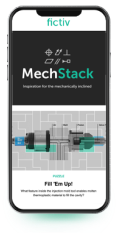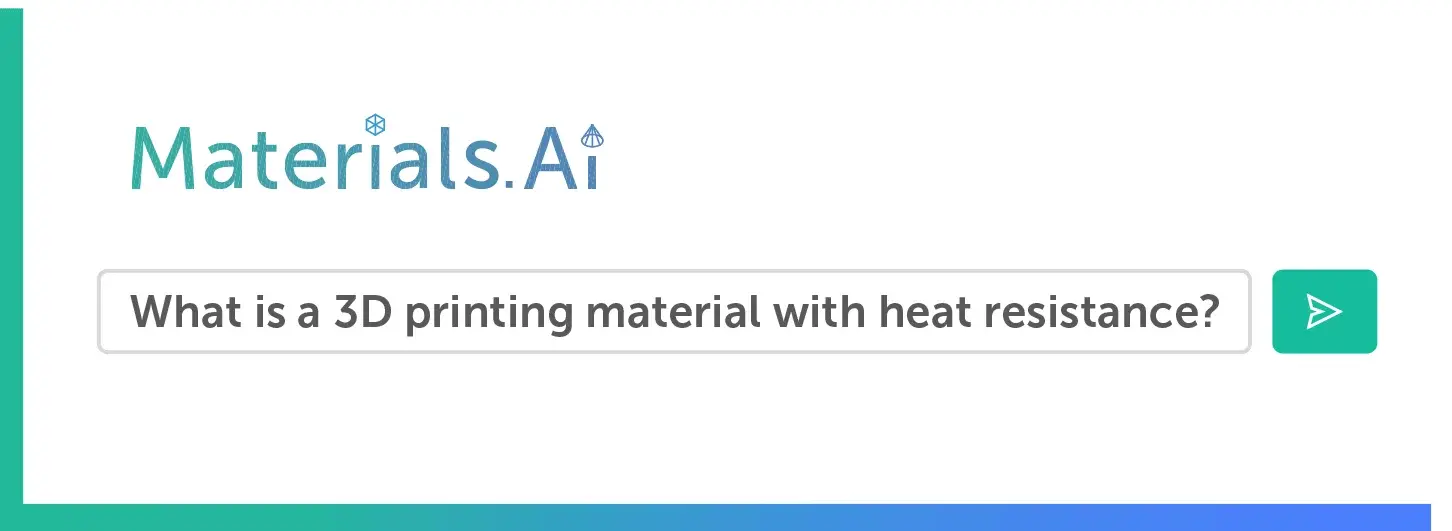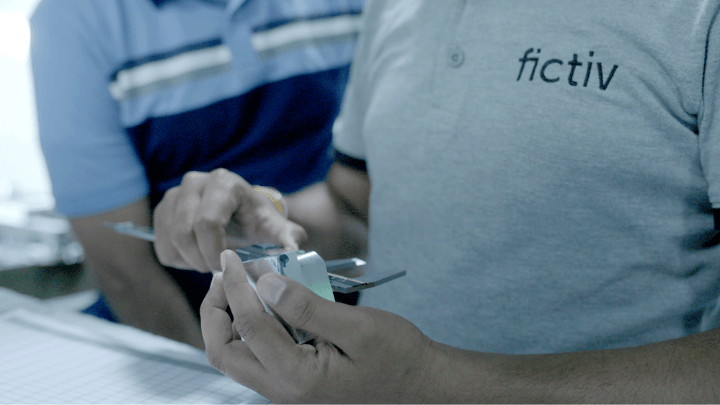Time to read: 2 min
We had an awesome time last week at CES 2016.
For the uninitiated, CES (Consumer Electronics Show) is a massive expo of the world’s leading technology that takes place the first week of January in Las Vegas, Nevada. Spanning multiple locations on the Las Vegas strip, large enterprises and new startups alike showcase the best and brightest in hardware.
At Fictiv, we were so excited to see some of our customers like Roost, Eight, and Avogy, as well as partners like Palo Alto Innovations and Flextronics rocking a presence at the show.
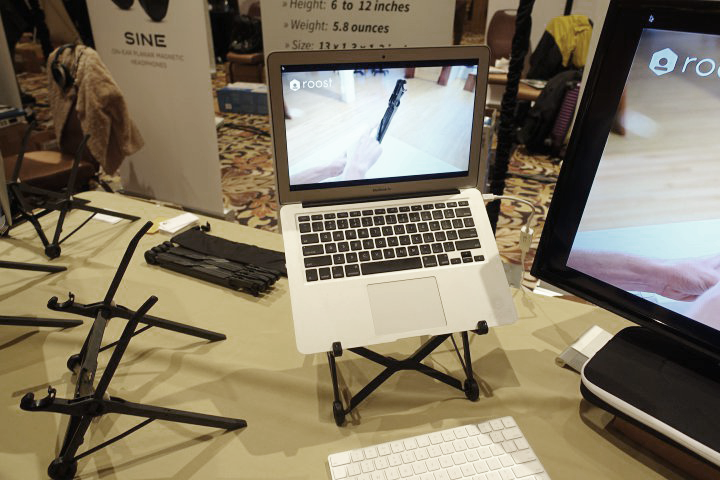
One of the most striking things to me this year was the increase in startup companies and crowdfunding campaigns alike. CES has historically been dominated by Fortune 500s and top retailers, each showcasing their newest television or smart home device. While their presence remained, and there were some beautiful prototypes (the Faraday Future Car, anyone?), it was the startups that overwhelmingly captured hearts and minds.
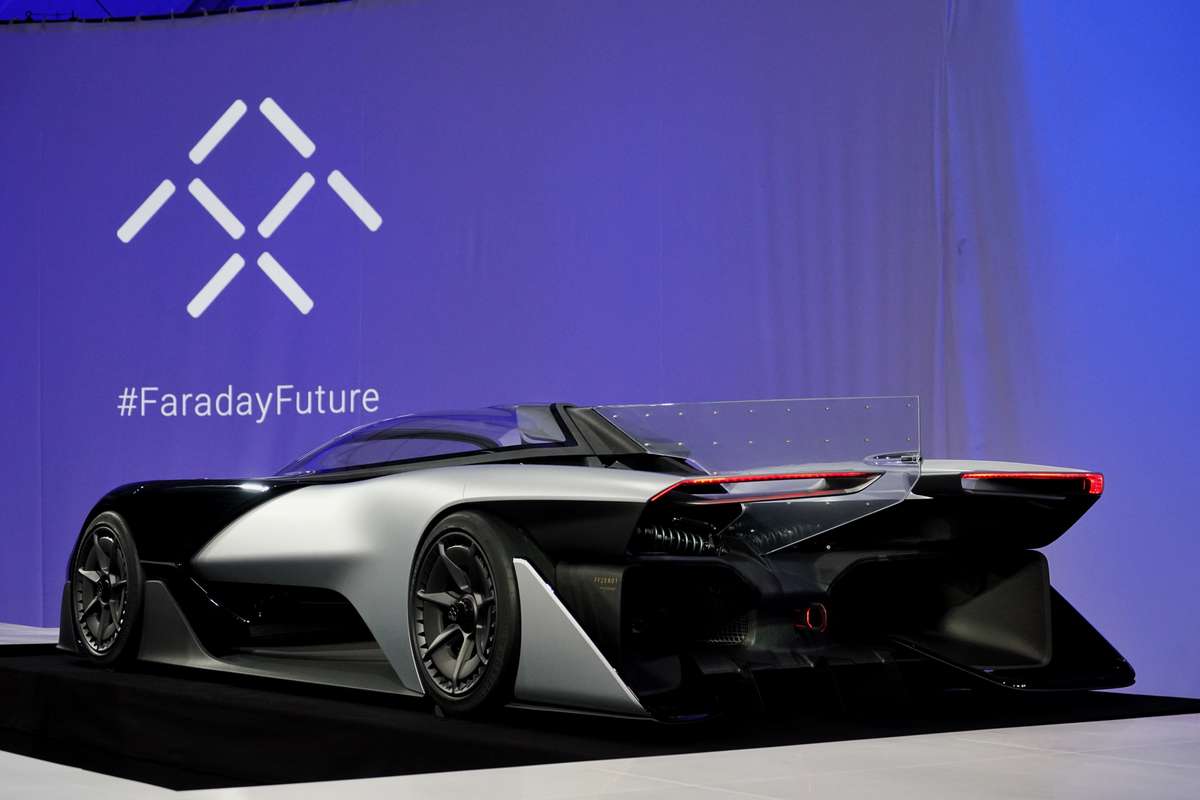
Eureka Park took over the first floor of the Sands Expo Hall, showcasing hardware startups from across the globe. From Revols, the custom-shaping headphones hot off a successful Indiegogo campaign, Whill with their beautifully designed all-terrain wheelchairs, Edyn’s smart garden sensor, and Caeden’s Sona bracelet for daily stress relief, there were an incredible amount of companies solving problems with beautiful design.
Within 3D printing, new materials were abundant, as were more sophisticated machines. But most important to me was the amount of cross-collaboration between major industry players as well as a focus on showcasing the artists and builders who actually use their product (3D Systems for example had a great showcase of several fashion designers who used 3D printing in their art). It was quite pleasing to see the interplay between the different machine manufacturers, suppliers, service providers, and builders.
We were thrilled to support that cross-collaboration through co-hosting a dinner party with the lovely folks at Hackster.io. From Autodesk, Arduino, Sparkfun, Next Thing Co., Microsoft, and more, over 50 people from hardware companies representing all parts of the lifecycle joined us, ate Italian food, and discussed the future of democratized hardware. It was incredible to see both how interconnected the hardware ecosystem is, with many people already knowing each other, while still being able to facilitate new meaningful relationships and collaborations.
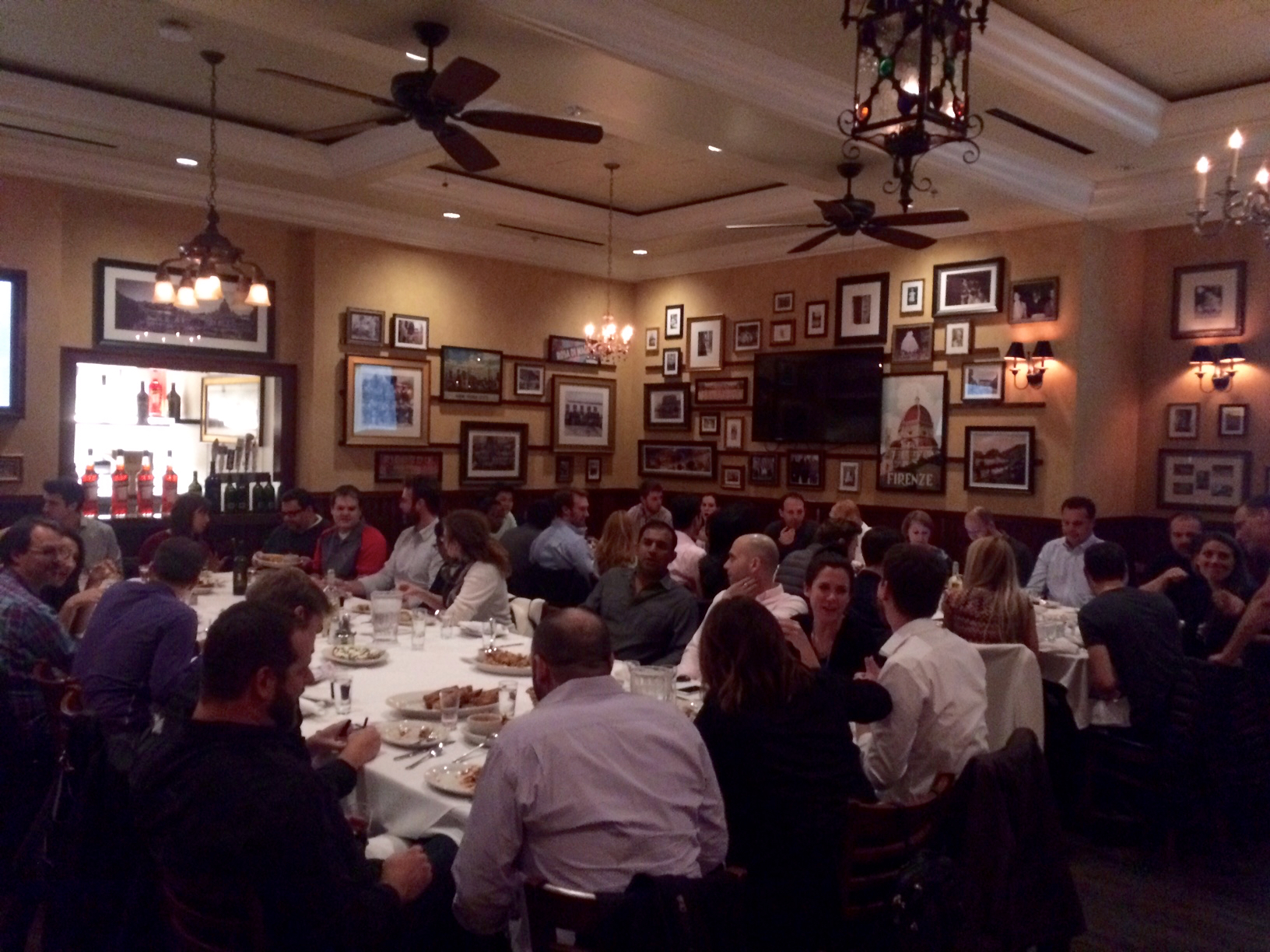
We look forward to seeing all these new relationships and technologies grow in the next year, and in the next year, and are grateful to help support it. Until next year, CES!







